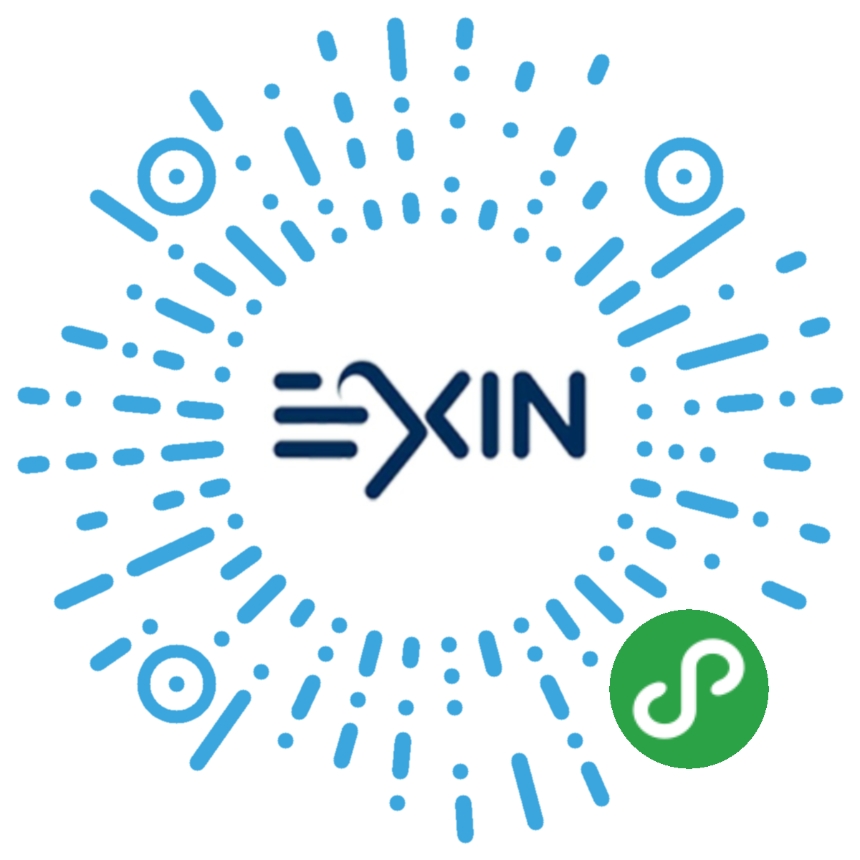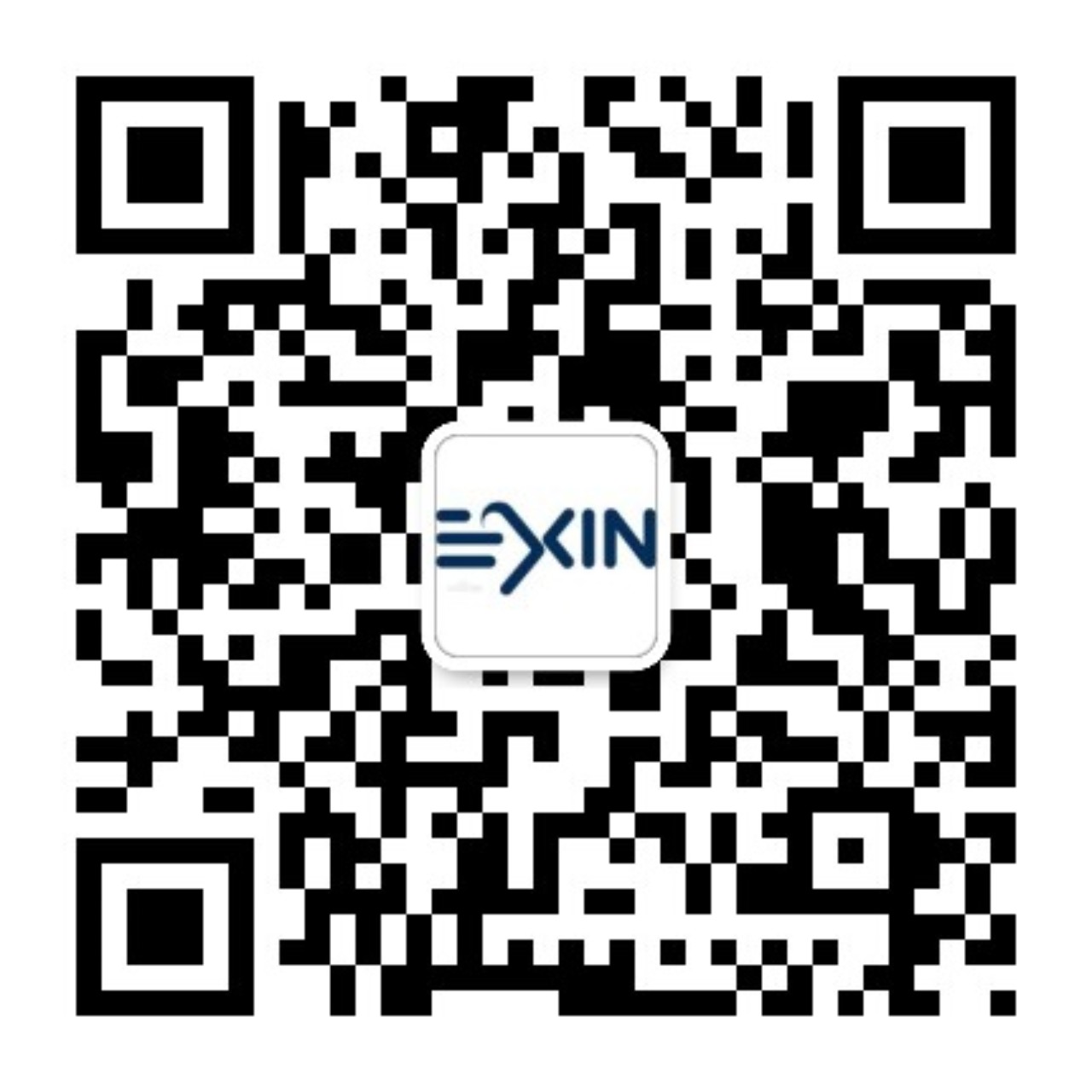-
1. Overview
EXIN Ethical Hacking Foundation (EHF.EN)
Scope
The purpose of ethical hacking is to evaluate the security of a computer system or network through
the discovery and exploitation of vulnerabilities in a legal manner.
Summary
Today’s technology is moving fast and changing the way we do business. Companies digitize all
information by default, store their data in the cloud and use open source software. This raises
information security issues related to network and system infrastructure.
The EXIN Ethical Hacking Foundation module covers the basic steps of ethical hacking: intelligence
gathering, scanning computer network/systems, and penetrating systems.
Candidates are expected to be very aware of the difference between legal and illegal hacking, and
the consequences of misuse.
In more detail the candidate will develop an understanding of the following topics:
• Network sniffing (gathering information from network traffic)
• Cracking a WEP and WPA(2) key from a wireless network
• Network vulnerability scanning
• Basic penetration of computer systems
• Password cracking
• Web-based hacking, containing SQL Injections (SQLi), Cross-Site Scripting (XSS), Remote
File Inclusions (RFI)
The EXIN Ethical Hacking Foundation exam tests the knowledge of the candidate on:
• the basics of Ethical Hacking, and
• the practice of Ethical Hacking.
Context
The certificate EXIN Ethical Hacking Foundation is part of the EXIN Ethical Hacking qualification
program.
Target group
This certificate is meant for security officers, network architects, network administrators, security
auditors, security professionals, computer programmers and networking experts, managers
working in the field of ethical hacking and anyone who is interested in improving and/or testing the
security of an IT infrastructure. The module is also meant for (beginning) ethical hackers who want
to get certified and verify their knowledge.
Requirements for certification
• Successful completion of the name of certification exam.
However, a training Ethical Hacking Foundation and knowledge of Linux is highly recommended.
Examination details
| Examination type: | Multiple-choice questions |
| Number of questions: | 40 questions |
| Pass mark: | 65% |
| Open book/notes: | No |
| Electronic equipment/aides permitted: | No |
| Time allotted for examination: | 60 minutes |


